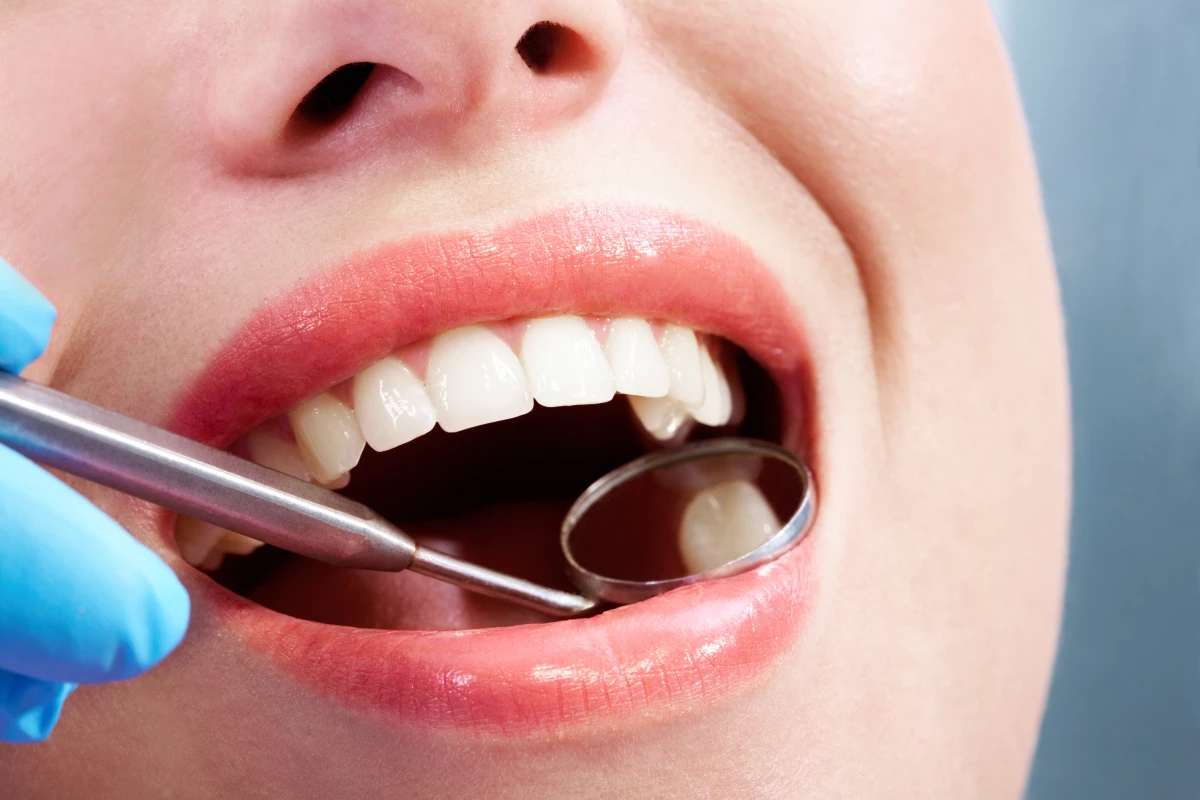In one of the largest studies of its kind to date UK researchers have found gum disease to be associated with an increased risk of developing cardiovascular and autoimmune disease. The findings build on a growing body of research linking poor oral health with broader chronic disease.
“Poor oral health is extremely common, both here in the UK and globally,” says Joht Singh Chandan, co-first author on the new study. “When oral ill-health progresses, it can lead to a substantially reduced quality of life. However, until now, not much has been known about the association of poor oral health and many chronic diseases, particularly mental ill-health.”
A number of epidemiological studies in recent years have detected associations between periodontal disease and other illnesses. Hypertension in particular has been frequently linked to poor oral health but studies have also found connections between gum disease and neurodegenerative diseases such as Alzheimer’s.
Chandan describes this new study, published in the journal BMJ Open, as “one of the largest epidemiological studies of its kind to date.” The researchers looked at health records from more than 64,000 patients with a record of periodontal disease. This cohort was compared against 250,000 demographically matched patient health records with no recorded history of periodontal disease.
An average of three and half years of follow-up health data were analyzed for each subject. The goal was to understand what rate of disease appeared in populations with pre-existing gum disease. This, of course, doesn’t confirm causality but at least establishes that the poor oral health being tracked in this specific analysis at least precedes the appearance of other disease.
Across the follow-up period the data showed those subjects with periodontal disease were 33 percent more likely to develop an autoimmune disease (such as arthritis or psoriasis) and 18 percent more likely to develop cardiovascular disease (including stroke or heart failure). In the study’s most novel finding gum disease was associated with a 37 percent increased risk for mental health issues, including depression and anxiety.
“Our study was the most comprehensive study of its kind and the results provided vital confirmation of evidence which has previously either been lacking in strength or has had gaps – particularly the association between oral ill-health and mental ill-health,” notes co-first author Dawit Zemedikun, from the University of Birmingham.
As this study is purely observational the researchers can only speculate as to any potential causal mechanism linking gum disease with systemic health problems. Some associations between oral health and disease are well-established, such as the bidirectional relationship between periodontitis and type 2 diabetes. But others are still very unclear, particularly the link between mental health and gum disease.
The researchers are clear in noting the association between mental health and periodontitis is likely both behavioral and immunological. This means it is probable poor oral health (such as halitosis or tooth loss) can enhance social anxieties but there is also evidence of oral infections exacerbating inflammatory responses that lead to distinct changes in immune system activity in the brain.
Ultimately, regardless of "what comes first" questions, the researchers suggest these findings affirm the importance of maintaining good oral health. Krish Nirantharakumar, co-senior author on the study, says ideally this means regular dentist visits and better communication between dentists and GPs underpinned by the understanding that oral health can be intrinsically associated with broader health concerns.
“An important implication of our findings is the need for effective communication between dental and other healthcare professionals to ensure patients obtain an effective treatment plan targeting both oral and wider health to improve their existing overall health and reduce the risk of future illness,” says Nirantharakumar.
The new study was published in the journal BMJ Open.
Source: University of Birmingham




